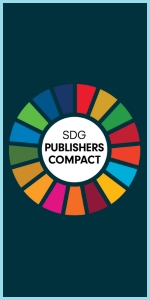FP23023Salt tolerance in Brassicaceae crops: physiological responses and molecular mechanisms
Soil salinisation is a growing threat to global agriculture, which will reduce Brassicaceae crop yield. We summarised recent research progress of Brassicaceae crop salt tolerant varieties through discussed the molecular mechanism and physiological responses. The review provides abundant data for accelerating the breeding of salt-tolerant Brassicaceae and laid a foundation for understanding the mechanism of salt tolerance of Brassicaceae crops and breeding salt-tolerance varieties.






